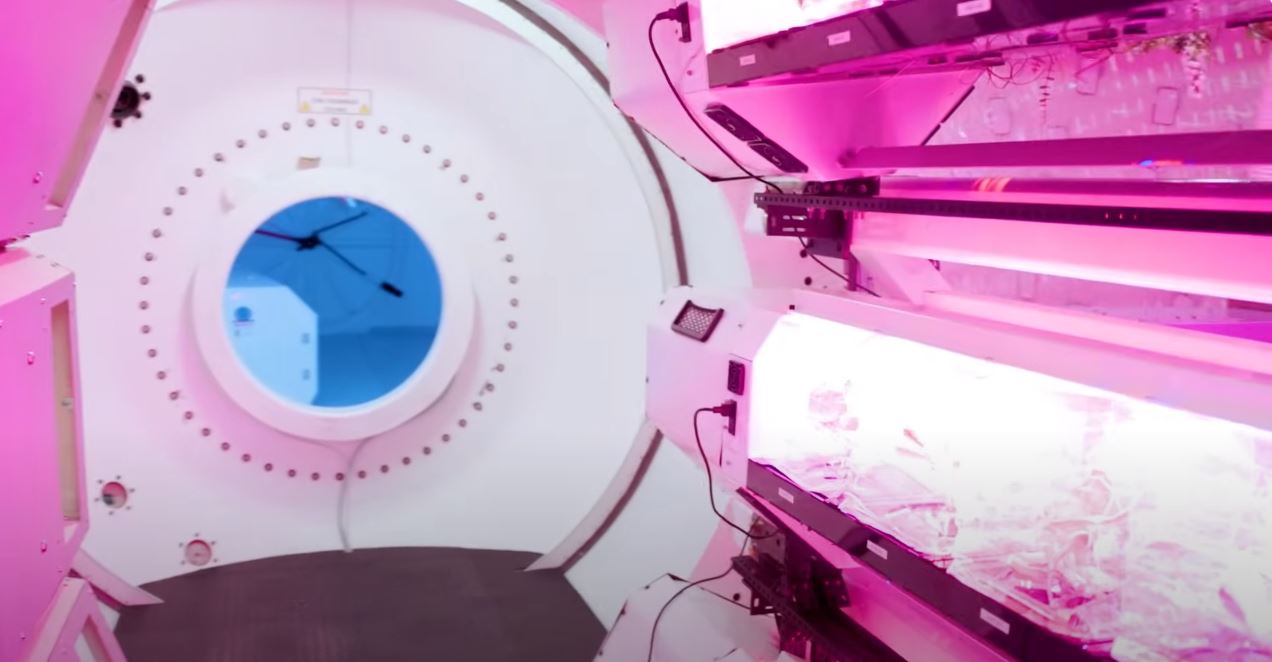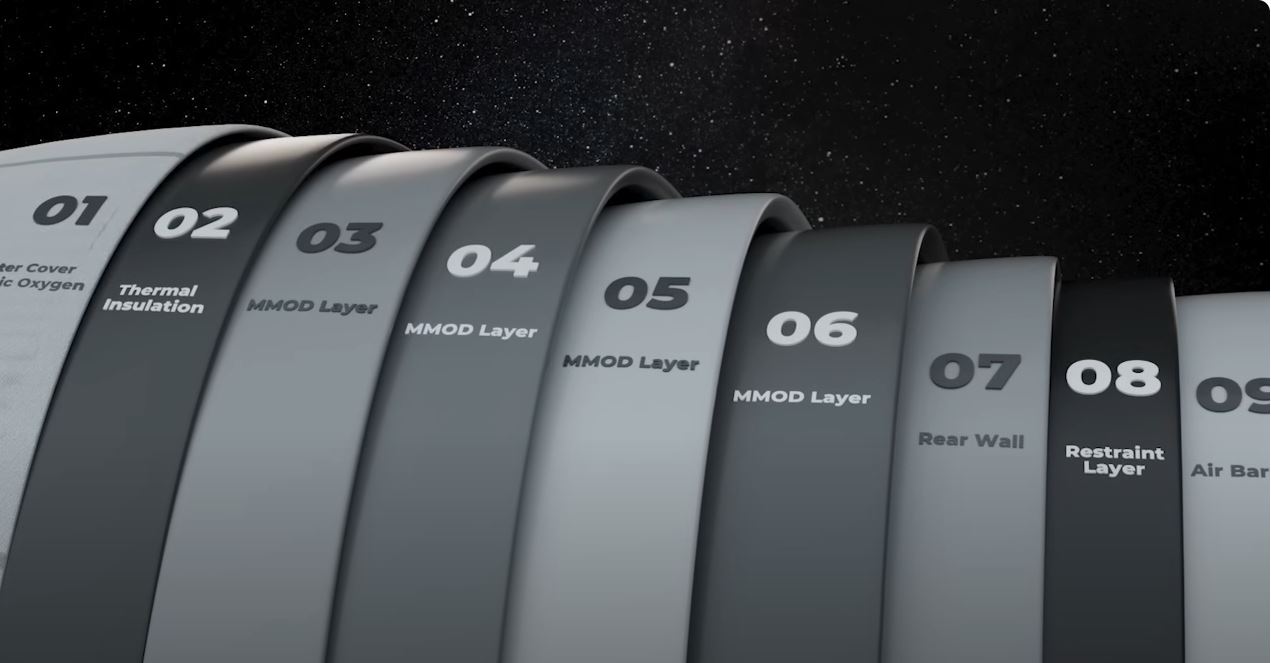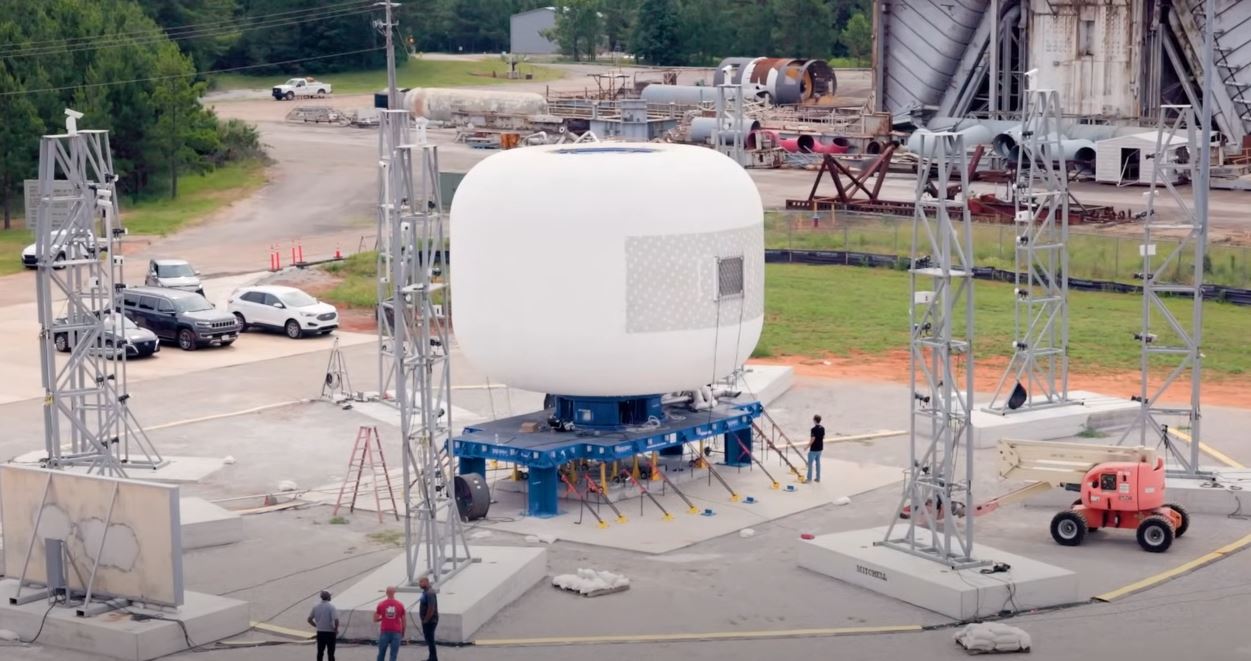Traditional space stations have been monolithic structures assembled piece by piece in orbit, a complex and resource-intensive process. A new frontier is emerging with inflatable space station modules, promising to revolutionize how we build and operate these orbital habitats.
Offering significant advantages in terms of launch efficiency and weight, these inflatable structures are at the heart of ambitious projects like Orbital Reef.
Backed by industry leaders and NASA, this commercial space station aims to provide a versatile platform for research, business, and even tourism, marking a pivotal step towards a future where human presence in space becomes more accessible and affordable. The LIFE habitat is a marvel of engineering, designed to withstand the harsh conditions of space.

Its outer layer, constructed from Vectran the same resilient material used in NASA spacesuits provides a formidable barrier against the elements. Beneath this, a nylon layer safeguards the urethane bladder, the habitat’s airtight core. A multi-layered shield further protects the structure from the onslaught of micrometeoroids and radiation.
Unifying these components is a robust woven layer, capable of withstanding the immense internal pressure required for human habitation. While the concept of living in a pressurized balloon might seem precarious, rigorous testing has proven the LIFE habitat’s extraordinary durability.
Successive burst tests, culminating in two full-scale trials, have consistently demonstrated the habitat’s ability to exceed design pressure limits by a significant margin, inspiring confidence in its ability to safely house astronauts in the unforgiving expanse of space.
The path to realizing inflatable space habitats is a perilous one, marked by dramatic failures and hard-won lessons. Recent burst tests have underscored the immense engineering challenges involved, as pressurized modules succumb to the enormous forces exerted upon them.
These explosive demonstrations, while visually striking, are indispensable for understanding the limitations of materials and identifying potential failure points. While the journey towards a fully operational inflatable space station, like the Orbital Reef, is fraught with obstacles and the 2027 deadline looms large, the potential rewards are immense.
Successful development of this technology could revolutionize space exploration, enabling the construction of expansive habitats both in orbit and on the surfaces of other celestial bodies. The concept of interconnected, inflatable modules promises a future where human presence in space is no longer confined to cramped capsules, but instead expands into vast, sustainable ecosystems.

These structures could serve as precursors to permanent extraterrestrial settlements, offering significantly increased living and working space compared to traditional spacecraft. Such habitats could support extended missions, scientific research, and even commercial activities, fostering a new era of human exploration and utilization of space.
However, before this vision becomes reality, countless challenges must be overcome, including developing materials capable of withstanding the harsh space environment, ensuring the structural integrity of inflatable structures under varying pressures, and refining life support systems to sustain human life for extended periods.

